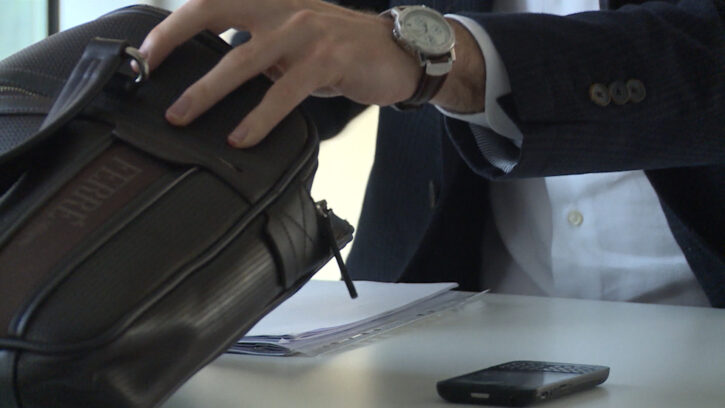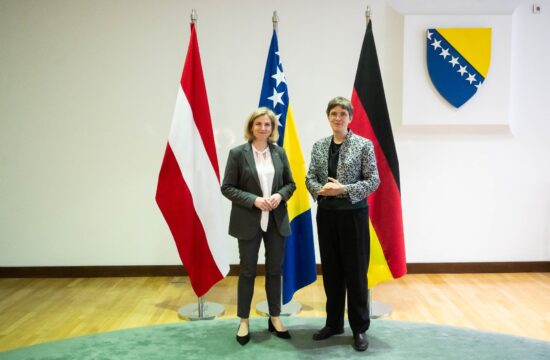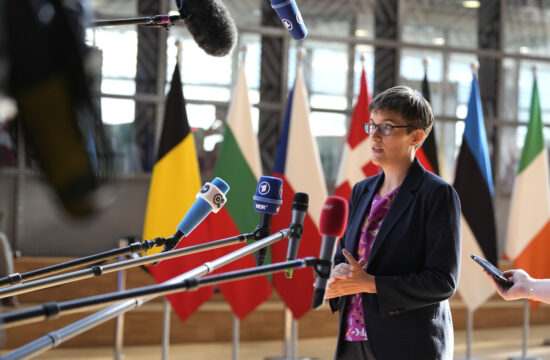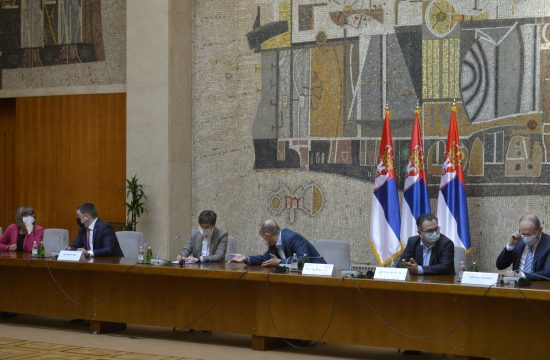
The latest Transparency International (TI) report published this week showed that a significant number of countries made little to no improvement in tackling corruption, according to the Corruption Perception Index (CPI) 2019, which saw Bosnia and Herzegovina getting the worst assessment since 2012, ranking 101 among 180 countries.
According to the report, this year's analysis has shown that corruption was more pervasive in the countries where big money can flow freely into electoral campaigns and where governments listen only to the voices of wealthy or well-connected individuals.
With a score of 36, Bosnia and Herzegovina significantly declined by six points on the CPI since 2012, said the report, adding that the country also suffers from weak enforcement of campaign finance regulations.
During the 2018 elections, political parties and civil society organisations raised concerns over voting irregularities, threats against voters, the misuse of public resources and unequal access to the media, said the report.
“A lack of political will and a decline in implementation of laws and regulations are real challenges,” it added.
Brutal repression and threats to voters, manipulating with lists of voters and results, with full mobilisation of the state resources for the needs of the ruling political parties is pushing the country further from political responsibility and democratisation, said the report, adding that, as a consequence of irregular elections, Bosnia has very questionable authorities.
“Bosnia and Herzegovina is in a situation where corruption has become an official policy at the state, entity and cantonal levels, which can be seen in every individual move of institutions – if you analyse any appointment, bid, regulation, you will see it is about a very clear, particular interest that stands behind it,” said Srdjan Blagovcanin, Chairman of the TI Bosnia Steering Board.
Based on detailed and comprehensive analyses, the TI prepared a set of measures that should systematically address the causes of corruption and they refer to the improvement of the election process, reform of judiciary with focus on vetting procedure, detailed systematic reviews of public sector and public enterprises, which should result in their rationalisation and depoliticisation.
Of all countries in the region, Croatia is the best ranked (63rd), followed by Montenegro (66th), Serbia (91st) and North Macedonia (106th) as the worst-ranked country in this part of Europe.




